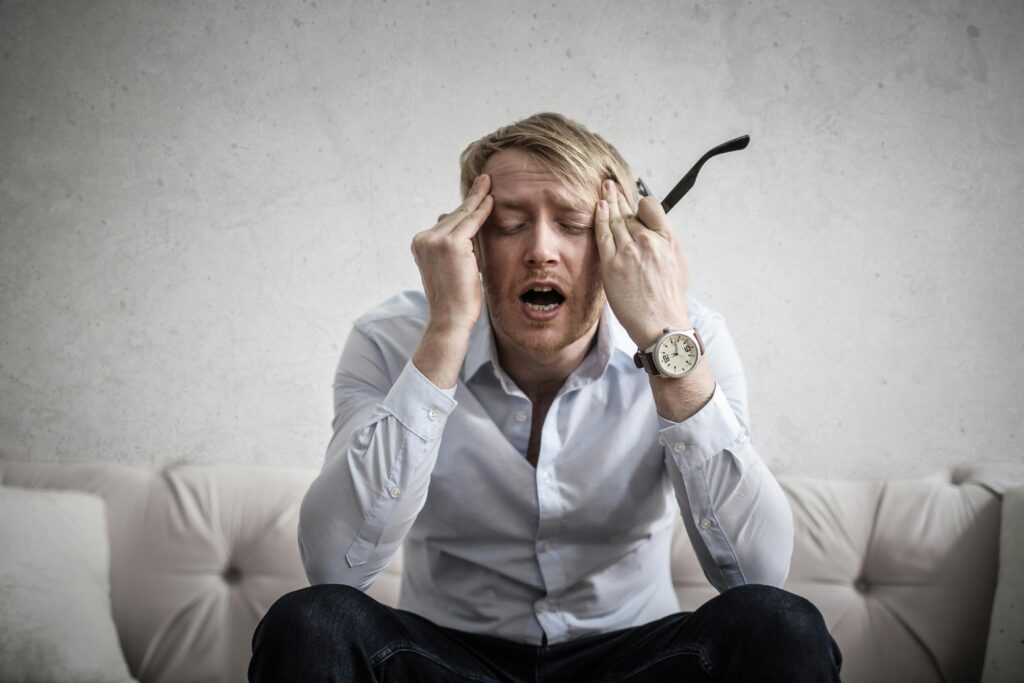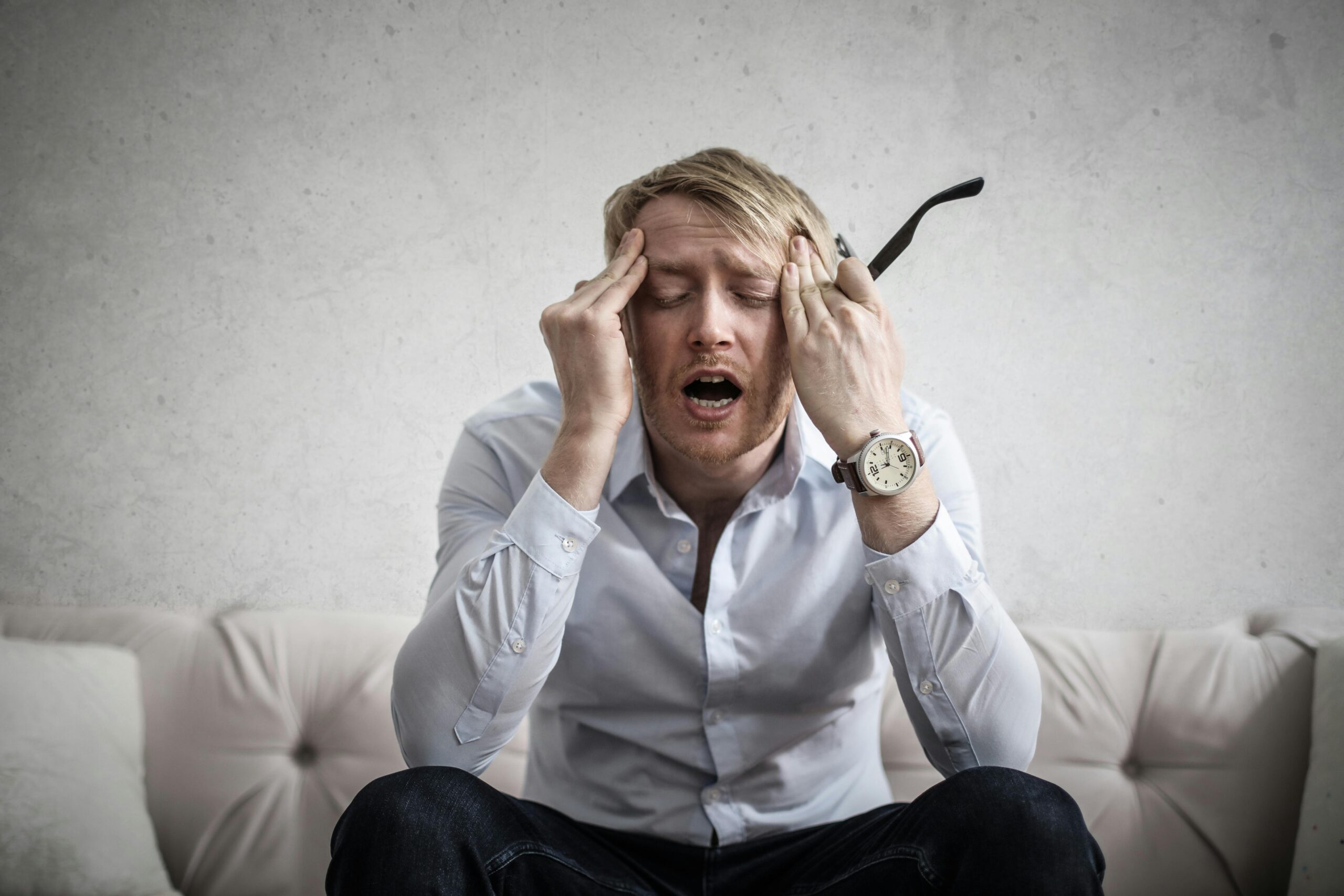Bipolar disorder, formerly known as manic-depressive illness, is a complex mental health condition characterized by extreme shifts in mood, energy, and activity levels. These mood swings can significantly disrupt a person’s daily life, relationships, and work. If you or someone you know is experiencing these fluctuations, you might be wondering, “Are these signs of bipolar disorder?”
IntegroRecovery Clinic, a leading provider of mental health and addiction treatment in Edina, MN, understands these challenges. This blog post will delve into the signs and symptoms of bipolar disorder, equipping you with valuable information to navigate this condition.
Understanding Mood Episodes in Bipolar Disorder
Bipolar disorder is characterized by distinct mood episodes that differ significantly from a person’s usual emotional state. These episodes can be broadly categorized as manic or depressive:
- Manic Episodes: Characterized by abnormally elevated mood, often described as euphoria or extreme happiness. Individuals may experience increased energy, racing thoughts, pressured speech, decreased need for sleep, inflated self-esteem, and impulsive or risky behavior.
- Depressive Episodes: Marked by persistent sadness, hopelessness, loss of interest in activities once enjoyed, changes in appetite or sleep patterns, difficulty concentrating, feelings of guilt or worthlessness, and suicidal thoughts.
It’s important to note that the severity of these episodes can vary. Manic episodes can be further classified as:
- Mania: The most severe form, often requiring hospitalization due to the potential for psychosis (loss of touch with reality) and self-destructive behavior.
- Hypomania: A less severe manic episode that still causes significant problems but may not require hospitalization.
Common Signs and Symptoms of Bipolar Disorder
While the core symptoms involve mood swings, bipolar disorder manifests in various ways. Here’s a breakdown of the signs and symptoms during manic and depressive episodes:
Manic Episodes
- Emotional: Extreme happiness, euphoria, irritability, agitation
- Behavioral: Increased activity level, racing thoughts, pressured speech, difficulty sleeping, engaging in risky behavior (spending sprees, substance abuse, impulsive sexual encounters)
- Cognitive: Racing thoughts, difficulty concentrating, poor judgment, inflated self-esteem, grandiose ideas
Depressive Episodes
- Emotional: Sadness, hopelessness, emptiness, anxiety, guilt
- Behavioral: Loss of interest in activities once enjoyed, social withdrawal, changes in appetite or sleep patterns (sleeping too much or too little), fatigue, difficulty concentrating, psychomotor agitation or retardation (feeling restless or slowed down)
- Cognitive: Difficulty concentrating, making decisions, negative thoughts about oneself and the future, suicidal thoughts
It’s crucial to remember that not everyone experiences bipolar disorder in the same way. The specific symptoms and their severity can vary from person to person. If you identify with some of these signs, it’s important to seek professional help for an accurate diagnosis and treatment plan.
Differential Diagnosis: Ruling Out Other Conditions
Several other mental health conditions can share some symptoms with bipolar disorder. A mental health professional will conduct a thorough evaluation to rule out these possibilities and ensure an accurate diagnosis:
- Major Depressive Disorder: While depression is a core feature of bipolar disorder, major depressive disorder refers to persistent depressive episodes without the manic or hypomanic episodes.
- Attention Deficit Hyperactivity Disorder (ADHD): ADHD can sometimes present with symptoms like hyperactivity and racing thoughts, which might be mistaken for mania. However, ADHD does not involve the extreme mood swings characteristic of bipolar disorder.
- Borderline Personality Disorder: This condition can involve emotional instability and impulsive behavior; however, the mood swings in bipolar disorder tend to be more distinct and longer-lasting.
Living with Bipolar Disorder: Hope and Support
Bipolar disorder is a treatable condition. With proper diagnosis and treatment, individuals can manage their symptoms and lead fulfilling lives. Here are some key aspects of managing your disorder:
- Medication: Medications like mood stabilizers and antidepressants play a crucial role in regulating mood swings and preventing episodes.
- Therapy: Psychotherapy can equip individuals with coping mechanisms to manage stress, improve relationships, and maintain a healthy lifestyle.
- Lifestyle Changes: Maintaining a regular sleep schedule, healthy diet, and regular exercise can significantly improve overall well-being and contribute to mood stability.
- Support Groups: Connecting with others who understand the challenges of bipolar disorder can provide companionship, empathy, and valuable insights.
Seeking Help at IntegroRecovery Clinic
If you suspect you or someone you know might have bipolar disorder, don’t hesitate to seek professional help. IntegroRecovery Clinic offers comprehensive mental health and addiction treatment programs tailored to address the specific needs of individuals who are suffering. To Schedule with a provider click the link below




Comments are closed